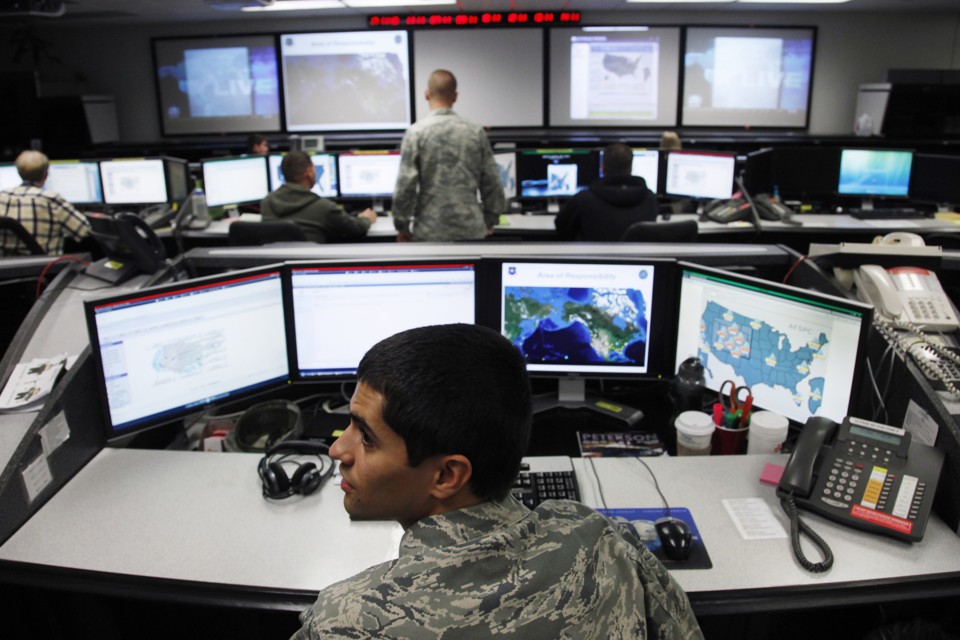Richard Fontaine, Michael Singh
WHEN RUSSIA launched a dramatic military intervention in Syria in fall 2015, it stunned the world and announced its return to the Middle East. Its move also surprised American policymakers, who had not long before worked with Russia in an effort to rid Syria of its chemical weapons and expressed hope that such cooperation might lead to a broader push for peace. But with its air campaign on behalf of Bashar al-Assad’s regime, Moscow signaled a willingness to intervene more decisively in Middle Eastern politics than at any time since Anwar el-Sadat’s dismissal of Soviet military advisers in 1972 and the Yom Kippur War the following year. For the first time since the end of the Cold War, any attempt to resolve a festering regional conflict must take Russia’s role into account.
This outside intervention is new, but it is not limited to Russia. China has expanded its involvement in the Middle East in recent years. Even India, Japan and Europe, though distracted by crises in their own regions, have recently stepped up their Middle East roles amid perceived American disengagement. Layer on top of this the shattering of regional order in the wake of the Iraq War and the Arab Spring, and the result is the Middle East’s emergence as a commons for great-power competition. As Washington searches for a Middle East strategy and debates what a sustainable U.S. presence should entail, it will increasingly need to navigate the geopolitical game played by outside powers in the world’s least stable region.

















